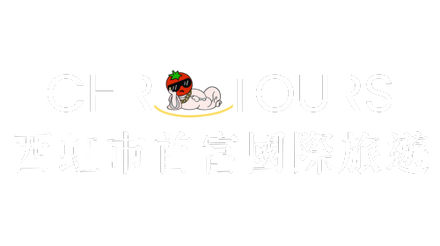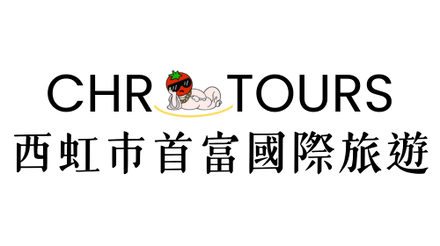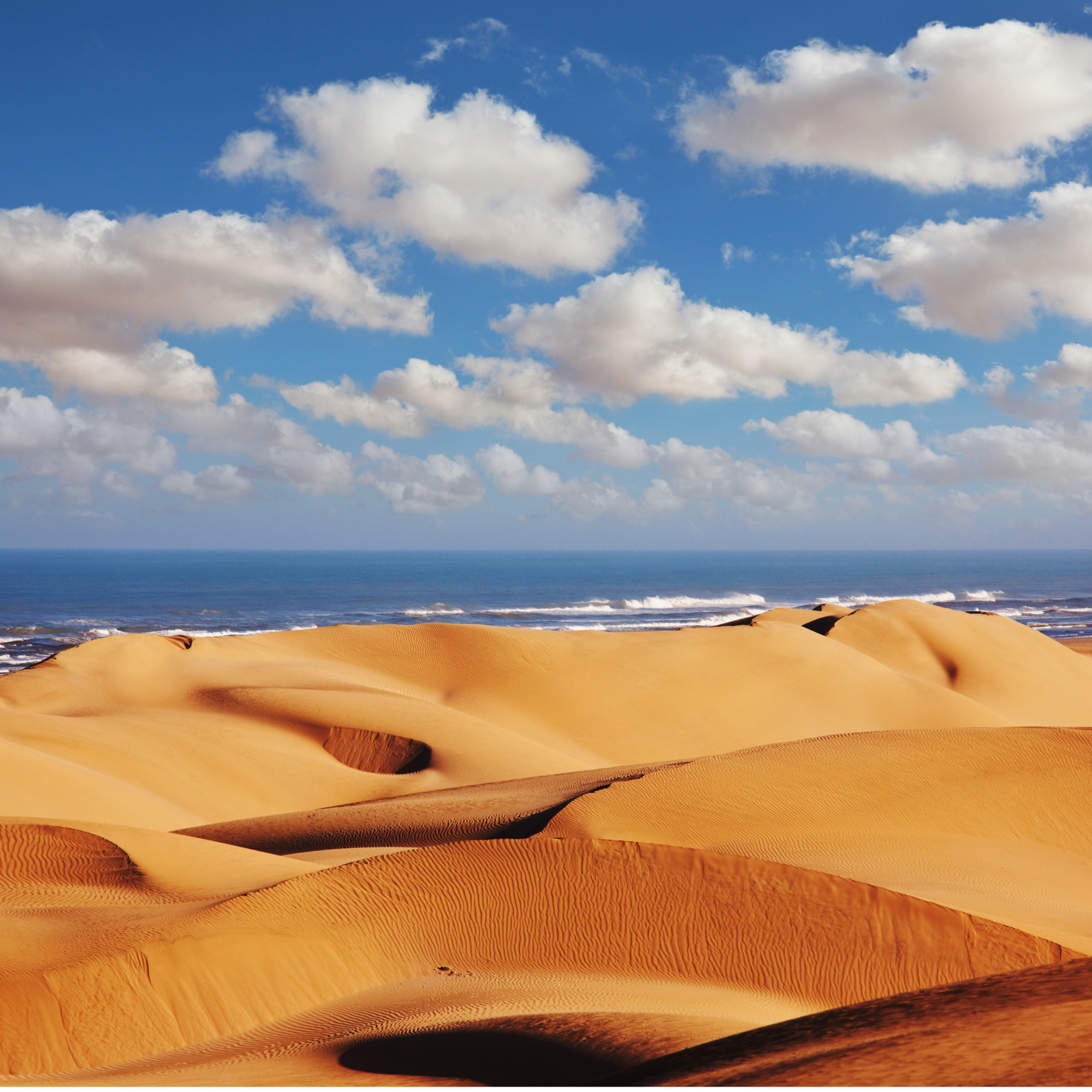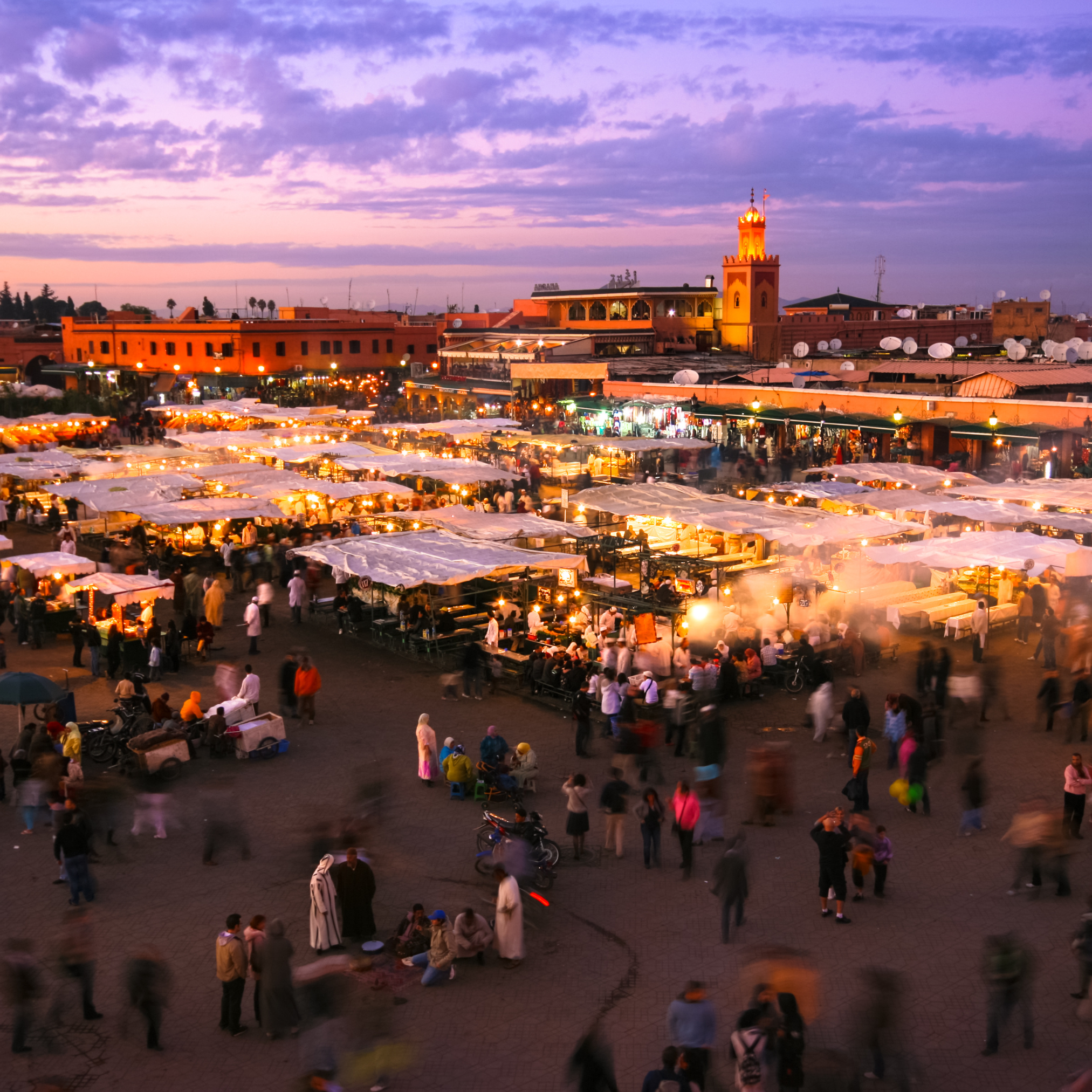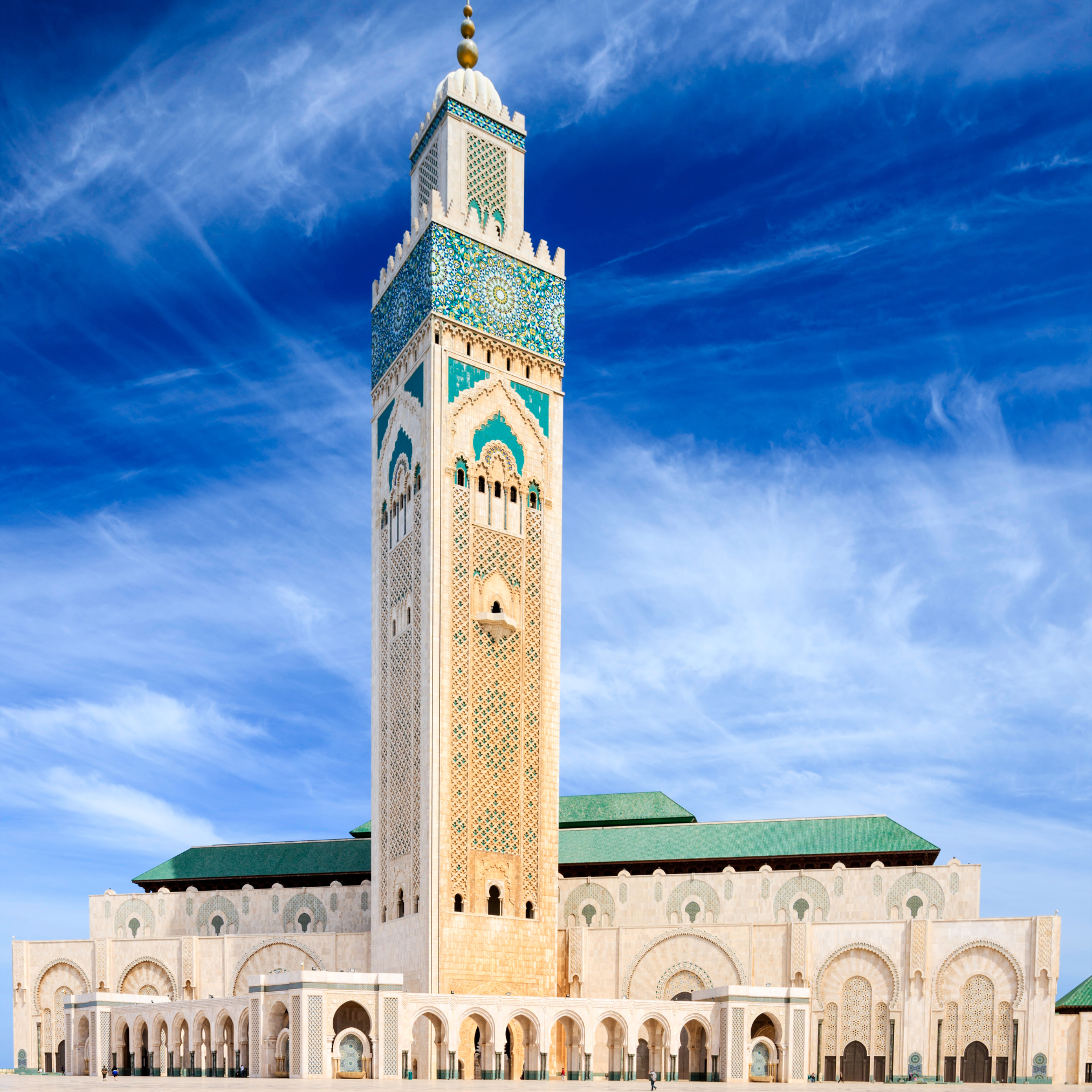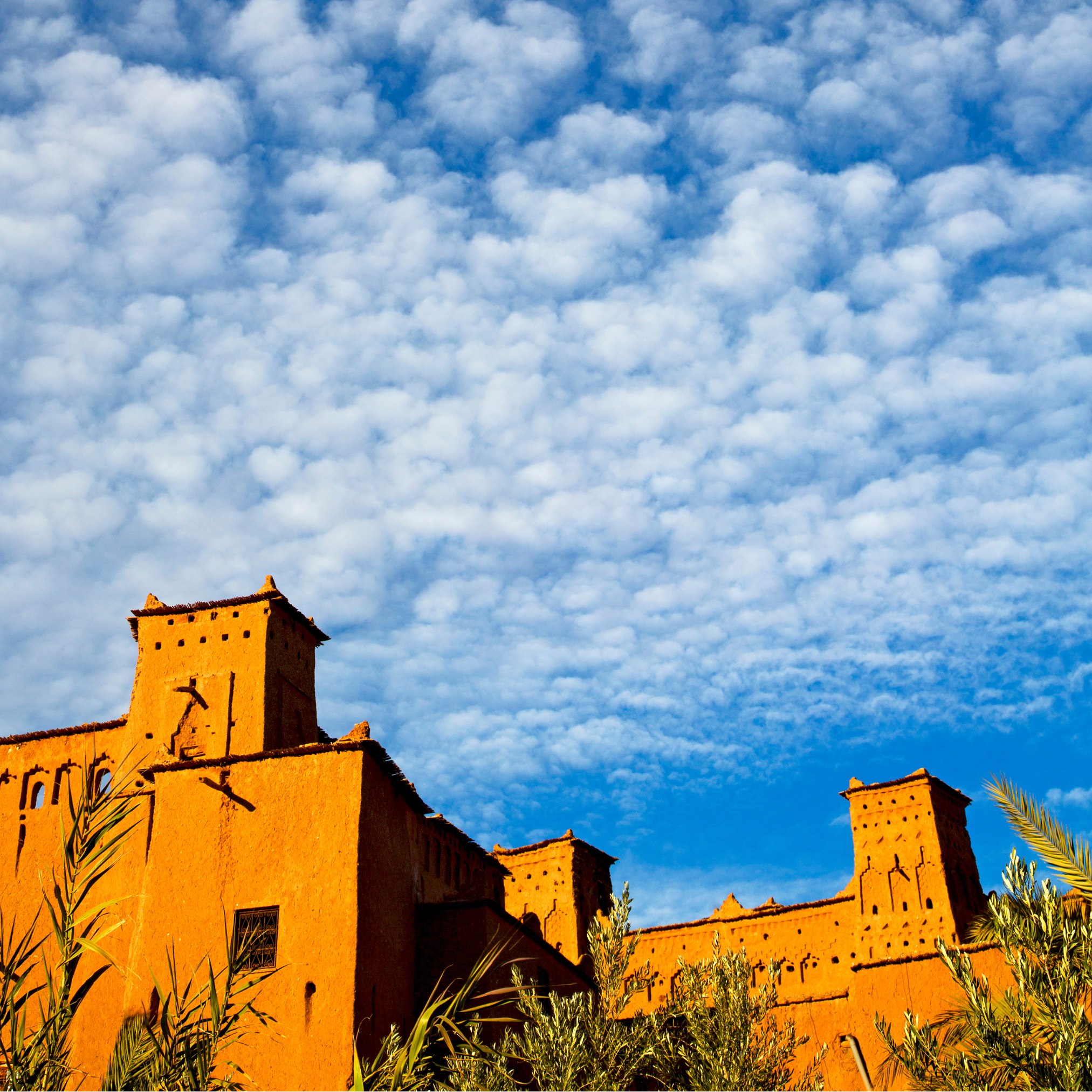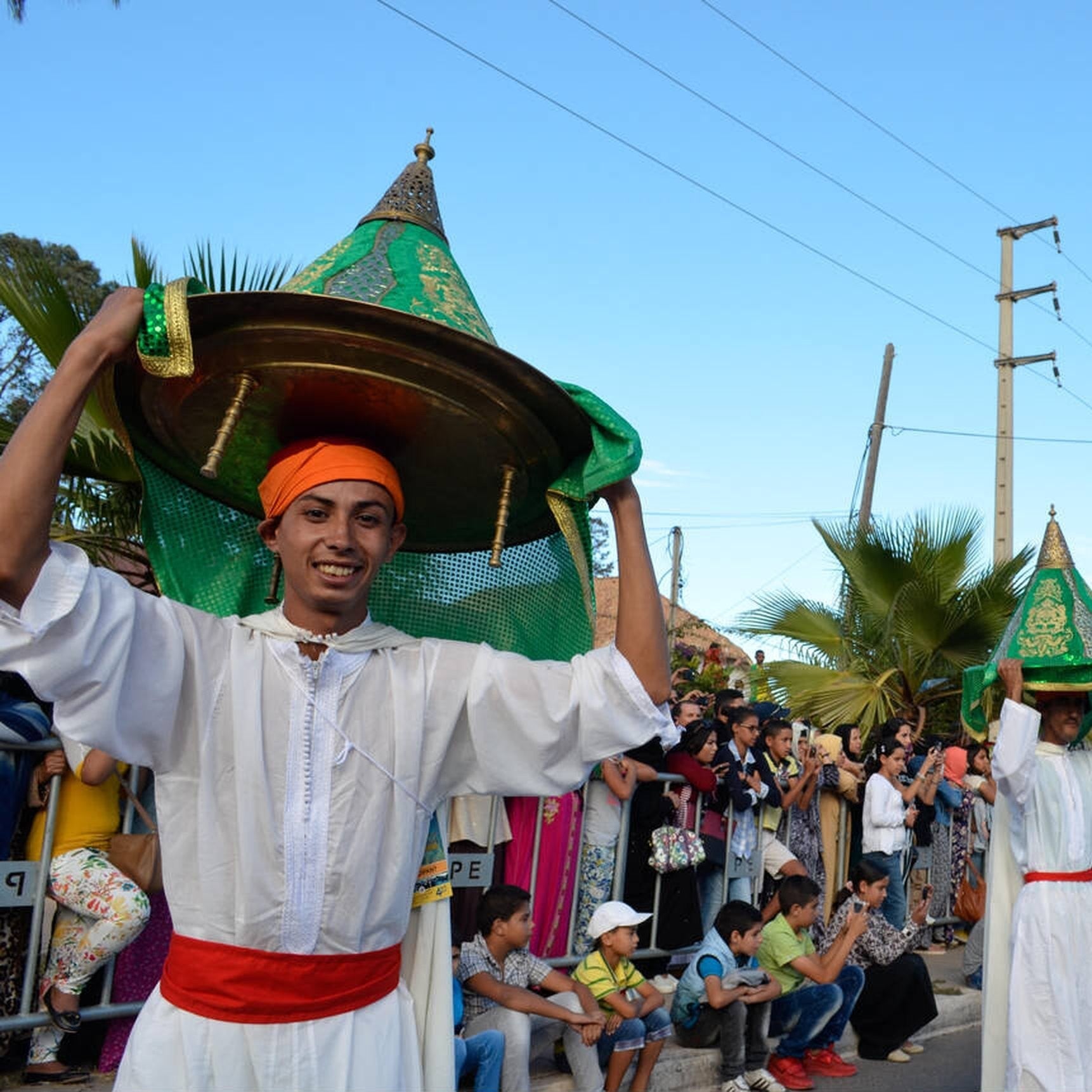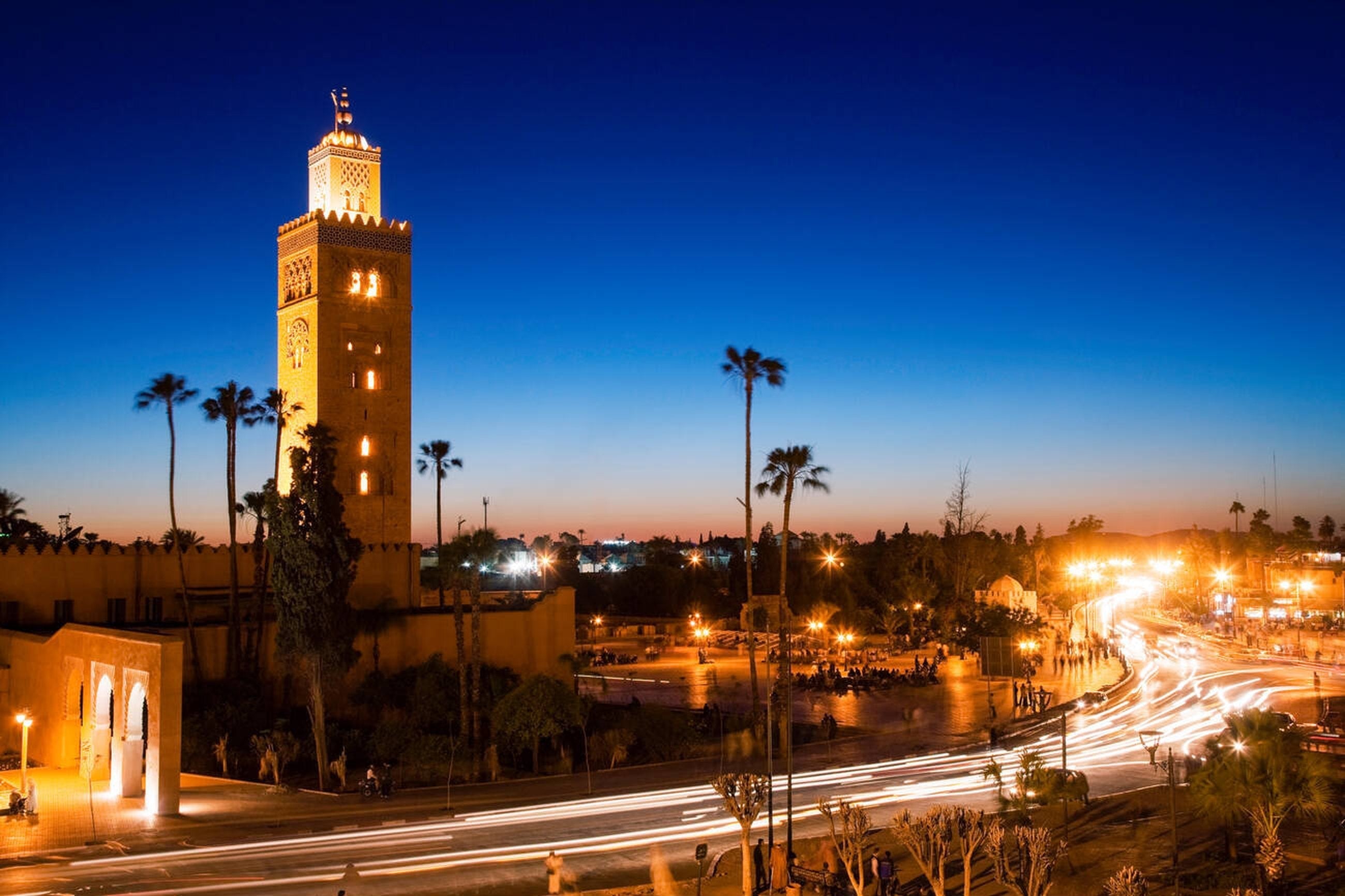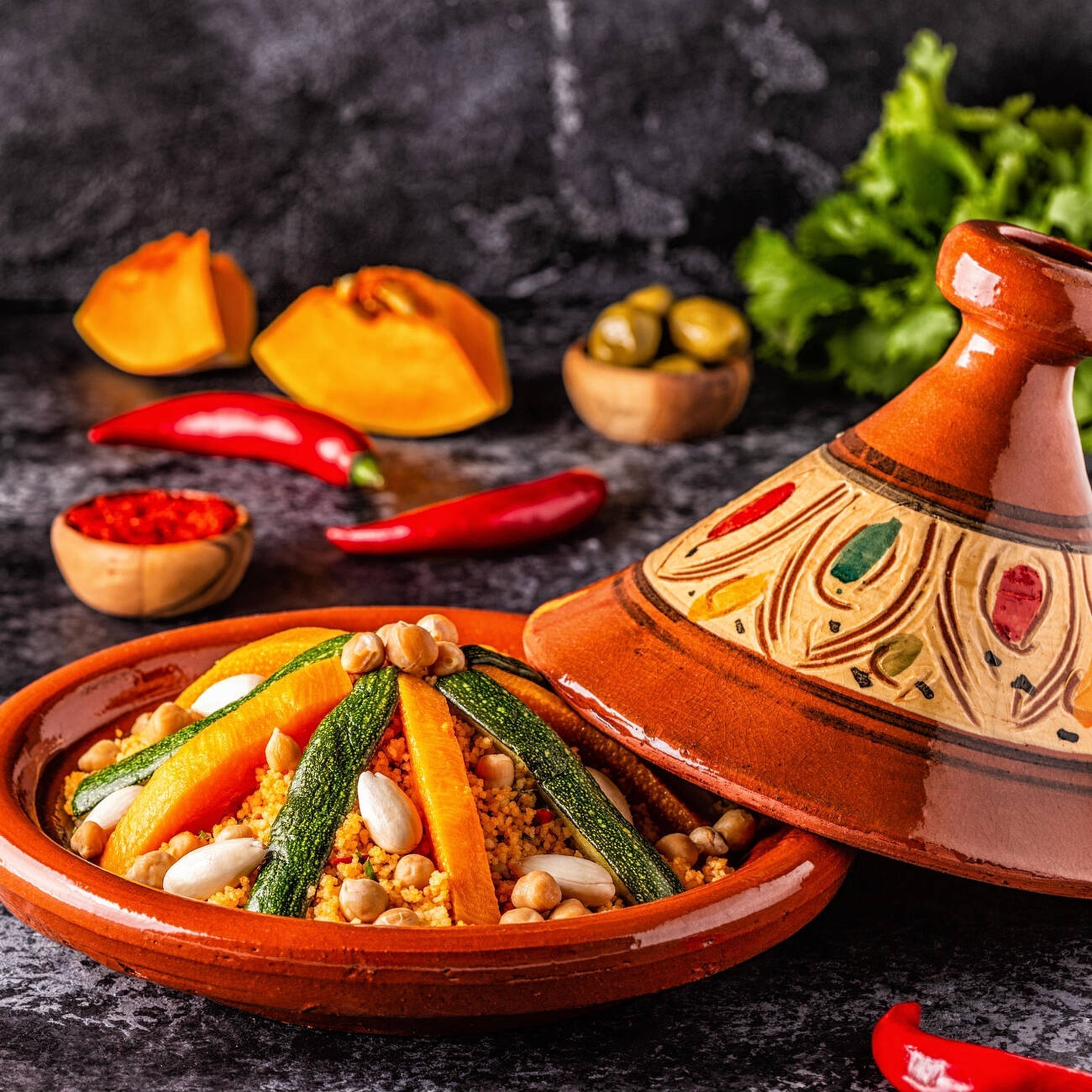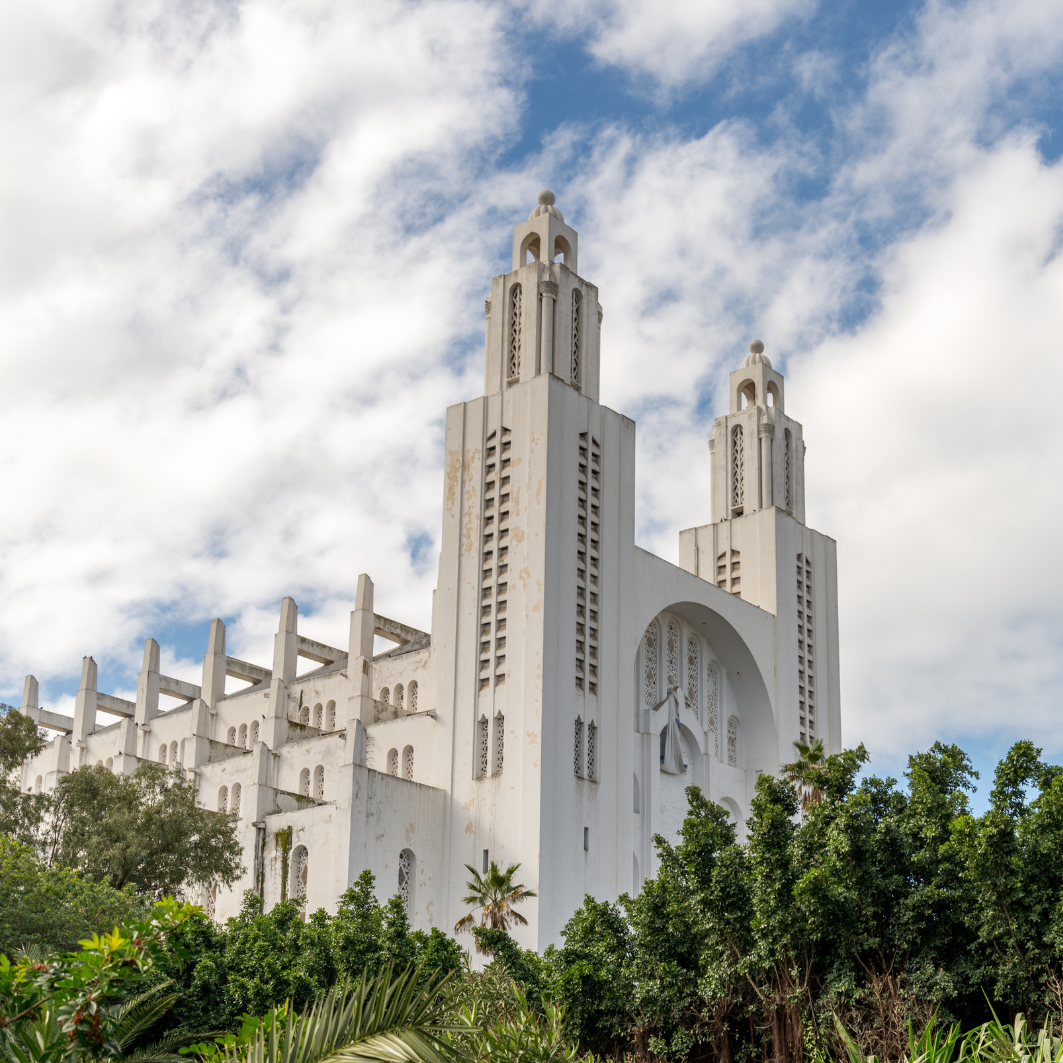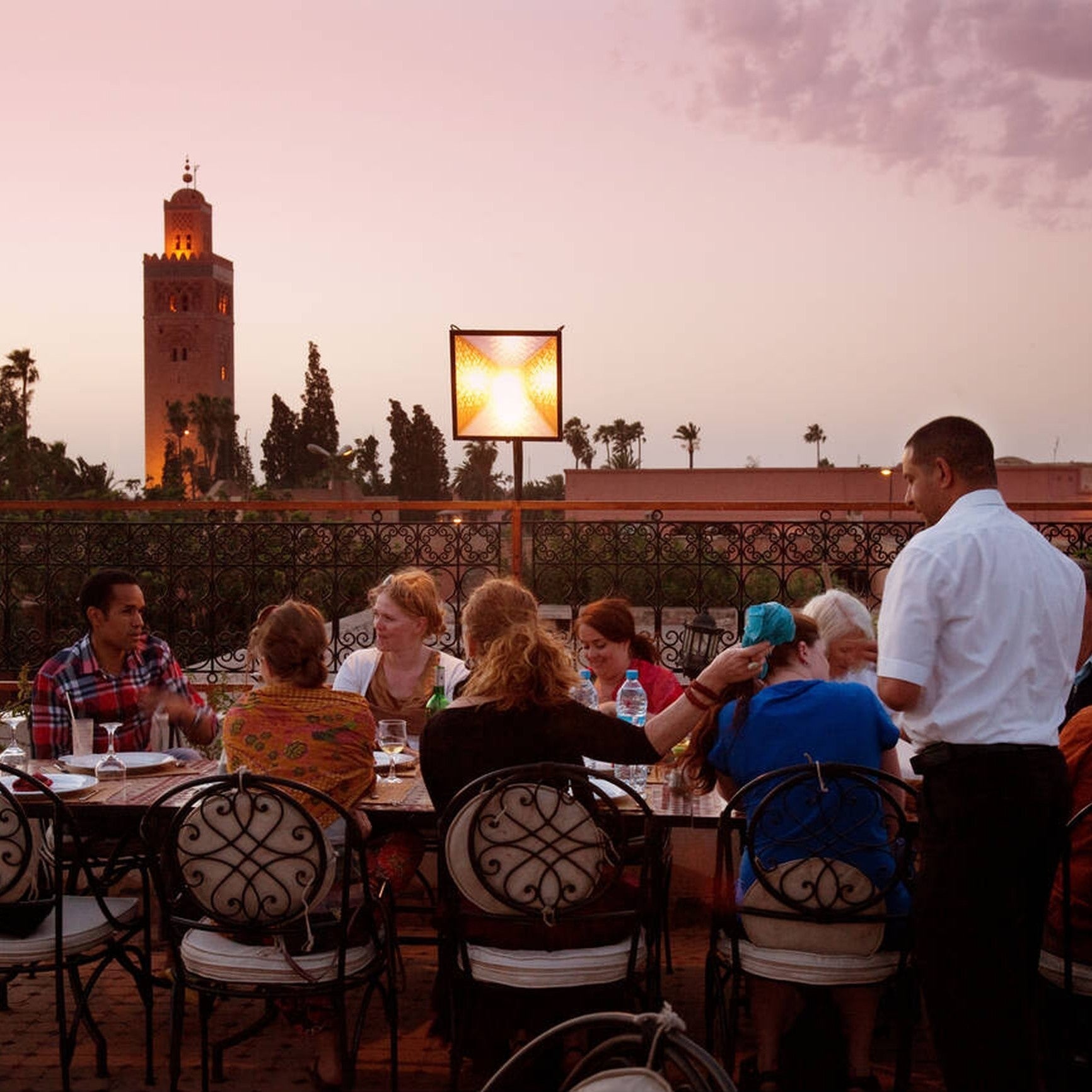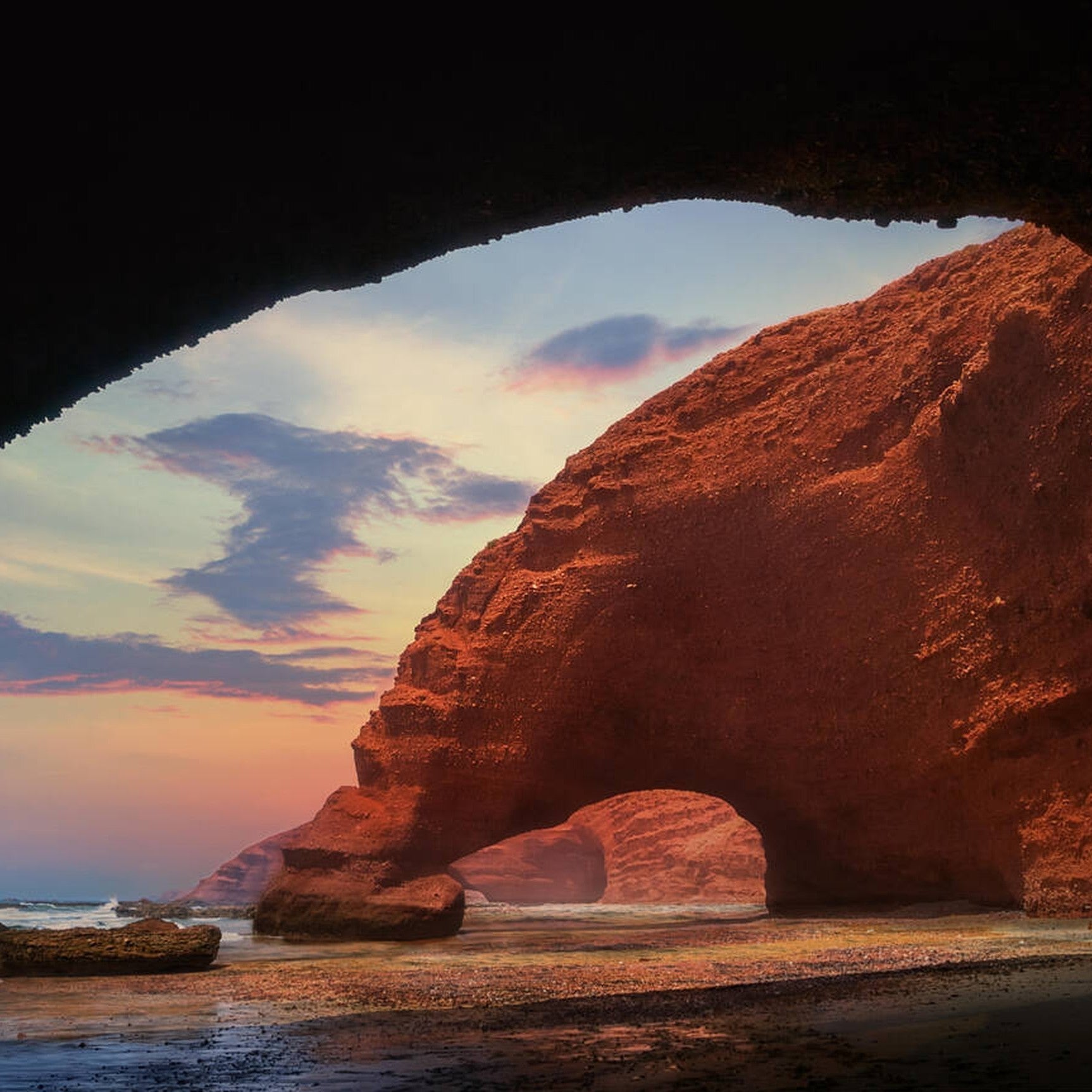Fêtes religieuses
Fêtes religieuses Le Maroc est un pays arabo-musulman d'Afrique du Nord-Ouest, qui célèbre de nombreuses fêtes religieuses tout au long de l'année. Les plus importantes sont le Ramadan, l'Aïd el-Fitr, l'Aïd el-Adha et l'Achoura.
Ramadan
Le Ramadan est le neuvième mois du calendrier islamique, appelé « Ramadan » en arabe. C'est l'un des événements religieux les plus importants pour les musulmans. Le Ramadan est basé sur le calendrier lunaire et dure généralement 29 ou 30 jours. Pendant ce mois, les musulmans jeûnent de l'aube au crépuscule, s'abstenant de nourriture, d'eau, de tabac et d'autres désirs matériels. Cette pratique vise à promouvoir la patience, la purification spirituelle et l'empathie pour les moins fortunés, accompagnée de prières et de charité. Pendant le ramadan, tous les musulmans adultes, à l'exception des personnes malades, en voyage, enceintes, allaitantes ou âgées, jeûnent. Les dates du ramadan varient chaque année en fonction du calendrier islamique, mais il tombe généralement au printemps ou en été. Lorsque vous voyagez au Maroc pendant le ramadan, il est important de respecter les coutumes locales : ne pas manger, boire ou fumer dans les lieux publics, surtout pendant la journée.
Dates du Ramadan 2025 au Maroc : Du soir du 28 février au 29 mars.
Aïd el-Fitr
L'Aïd el-Fitr, célébrée le premier jour après le ramadan, est l'une des fêtes les plus importantes au Maroc. Les gens portent des vêtements traditionnels, assistent aux prières du matin et partagent un petit-déjeuner spécial appelé « sadaqah al-fitr » avec leur famille et leurs amis. La journée est remplie de festins, d'échanges de cadeaux et de bénédictions mutuelles.
Aïd el-Adha
Également connue sous le nom de « Fête du Sacrifice », l'Aïd el-Adha a lieu vers le 10e jour du 12e mois du calendrier islamique. Cette fête commémore la volonté du prophète Ibrahim (Abraham) de sacrifier son fils Ismaïl en obéissance au commandement de Dieu. Cependant, Allah a remplacé Ismaïl par un bélier, qui a ensuite été sacrifié. Au Maroc, les gens abattent du bétail (généralement des moutons, des vaches ou des chameaux) et partagent la viande avec la famille, les amis et les moins fortunés.
Achoura
Achoura, qui signifie « le dixième » en arabe, fait référence au 10e jour du premier mois du calendrier islamique. Pour les musulmans chiites, ce jour commémore le martyre de l'imam Hussein lors de la bataille de Karbala. Bien que les célébrations au Maroc soient relativement modestes, on y trouve néanmoins des activités et des rassemblements religieux.
Fêtes berbères - Yennayer (Nouvel An berbère)
Yennayer est le Nouvel An traditionnel du peuple berbère, célébré le 12 ou 13 janvier. Il marque le début de l'année du calendrier berbère. Les célébrations comprennent le port de vêtements traditionnels, la préparation de repas de fête, des chants, des danses et diverses activités culturelles.
Fêtes nationales
Outre les fêtes religieuses et le Nouvel An berbère, le Maroc célèbre 9 jours fériés nationaux officiels :
1. Jour de l'An (1er janvier)
2. Fête du Travail (1er mai)
3. Jour de l'Indépendance (18 novembre) : cette fête marque le jour où le Maroc a obtenu son indépendance de la domination coloniale française en 1956. La nation commémore cet événement par des événements, des défilés et des spectacles culturels.
4. Jour du Trône du Roi (Fête Nationale, 30 juillet) : l'accession au trône du Roi Mohammed VI est célébrée ce jour-là par des festivités nationales, notamment des défilés et des événements publics.
5. Journée de la Marche verte (6 novembre) : la Marche verte commémore le jour de 1975 où le Maroc a organisé une marche pacifique pour reconquérir la région contestée du Sahara occidental.
6. Journée de la Révolution du Roi et du Peuple (20 août) : cette journée rend hommage à la lutte commune du peuple marocain et de son roi contre le régime colonial en 1953.
7. Journée de la Jeunesse (21 août) : cette fête reconnaît les contributions des jeunes Marocains au développement du pays.
8. Journée de la restauration du Sahara (28 février) : cette journée marque la reconquête du Sahara occidental par le Maroc après la Marche verte de 1975, un événement important dans l'histoire du pays.
9. Journée du Royaume du Maroc (3 mars) : célébrée pour commémorer l'établissement du Maroc en tant que royaume indépendant, cette journée comprend des expositions culturelles et des événements mettant en valeur le patrimoine du pays.
Pour en savoir plus sur le Maroc, consultez notre blog : Guides de voyage Maroc.
Vous prévoyez de voyager au Maroc ? Ces itinéraires vous inspireront :
Aventure de 3 jours au Sahara : de Marrakech à Fès via Aït-ben-Haddou et le désert de Merzouga
Voyage de 5 jours dans le nord du Maroc : un mélange d'histoire et de culture
Aventure de 7 jours au Maroc : Un voyage sur mesure au départ de Marrakech
Odyssée marocaine de 13 jours : Un voyage sur mesure au départ de Casablanca
Vous souhaitez personnaliser votre itinéraire de voyage au Maroc ? N'hésitez pas à nous contacter pour des expériences de visite personnalisées :
E-mail : [email protected]
WhatsApp : +212713053383
WeChat : MLG0714624860
